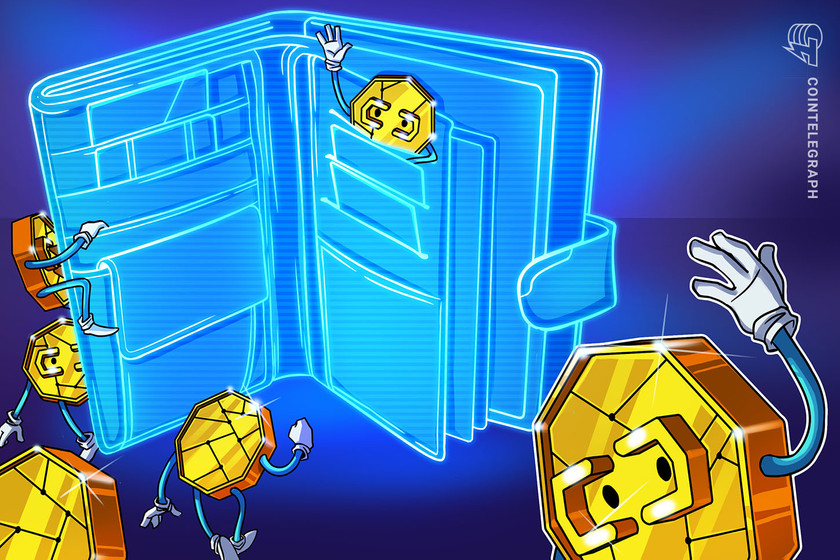As crypto ownership becomes more and more common, holders will need to think about how they protect and hold their assets. The safest option is storing cryptocurrency in a personal wallet.
Crypto wallets are programs that allow users to store, send and receive cryptocurrency. Each wallet has a private key that allows the wallet to be spent. Private keys are cryptographic strings of code that allow owners to spend the funds inside a wallet, as well as prove ownership. Wallet information is also stored offline, reducing the risk of a hacking attempt. Everyday non-technical crypto users can benefit from the increased security, but it may come at the cost of convenience, depending on their needs.
What is a custodial wallet?
A custodial wallet is a kind of online cryptocurrency wallet that a third party manages, such as an exchange, after users make their first cryptocurrency purchase. In other words, the exchange is the custodian, responsible for safely holding the user’s cash and keeping track of the keys. The bulk of client money is housed in cold storage hardware wallets at major United States crypto exchanges.
A custodial wallet is less secure than a noncustodial wallet. Yet, many people still choose them since they are easier to use and involve less responsibility. If users forget their password for their exchange account, they can probably reset it through established identity verification processes.
What is a noncustodial wallet?
With a noncustodial cryptocurrency wallet, users are the sole guardians of their private keys and, therefore, the assets that are being stored. Noncustodial wallet since it removes the need for a trusted third party and, in some respects, are more secure than custodial wallets.
There are many different kinds of noncustodial wallets, including browser-based ones, software wallets for mobile phones and computers and hardware wallets. Hardware wallets, which come in various formats, are said to provide the highest level of security for storing crypto. These digital currency wallets resemble USB drives but have a display and physical buttons instead.
Hiccups with noncustodial wallets
Noncustodial wallets are simple to set up. For software noncustodial wallets, holders need to download the wallet, back up the recovery seed phrase, or a key comprising a 12-, 18- or 24-word string of random words, and set a password.
Furthermore, if users forget their password, the seed phrase serves as a backup by which they can still access their…
Click Here to Read the Full Original Article at Cointelegraph.com News…
